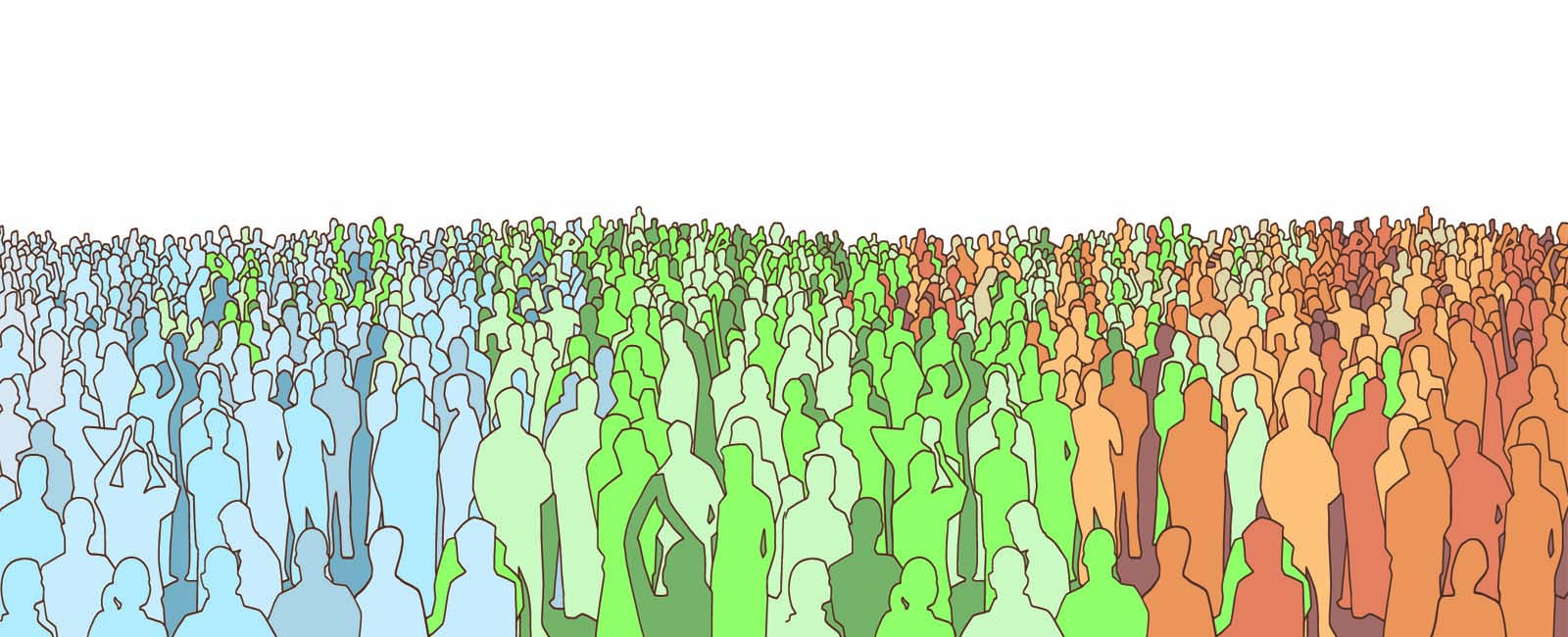This lecture deals with the study of the demographic transition in Latin America from 1800 to 2050. The perspective is comparative, and the main purpose is to show the peculiarities of the Latin American case: from interpretative aspects in the field of mortality decline and the conquest of health to the change from natural fertility to family planning, underlining the success of population control policies. We will present a long-term view of the migration process, from the European conquest to the present, and finally the aging process and its consequences, especially in relation to the present and future of the welfare state. We will propose an interpretation of the demographic transition as a process of global historical change.
LECTURE
Demographic Transition in Latin America, 1800-2050
Héctor Pérez Brignoli
Series Demography Today 2022/2023
07
JUN
2022

LECTURE
Demographic Transition in Latin America, 1800-2050
Héctor Pérez Brignoli
Series Demography Today 2022/2023
07 JUN 2022
Full details of the series

